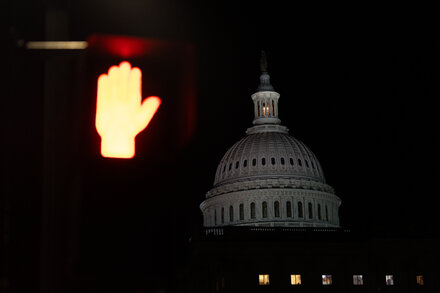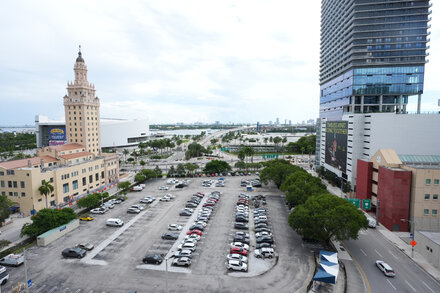A demanding work schedule known as “996,” characterized by working from 9 AM to 9 PM, six days a week, is gaining traction as a contentious topic within Silicon Valley’s tech industry. While originating in China, the underlying philosophy of extreme dedication and prolonged work hours is increasingly manifesting in the Western tech hub, raising questions about productivity, innovation, and employee well-being.
The 996 work system became a prominent subject in China’s tech sector, notably endorsed by figures like Alibaba founder Jack Ma, who once described it as “a huge blessing” for young employees seeking success. Proponents argue that such intense commitment is necessary for rapid growth, innovation, and staying competitive in a fast-paced global market. This approach emphasizes an “always-on” mentality, where work often extends beyond conventional hours to meet tight deadlines and foster breakthrough developments.
Silicon Valley has long been synonymous with its own brand of hustle culture, often fueled by startup ambitions, venture capital expectations, and the pursuit of disruptive technologies. However, recent observations suggest an intensification of these demands, with some drawing parallels to the more explicit 996 model. The pressure to deliver, coupled with a culture that often glorifies self-sacrifice for corporate goals, can lead to environments where employees feel compelled to work extraordinarily long hours, even without an official “996” mandate.
“It’s not called ‘996’ here, but the expectation is often similar,” remarked a veteran software engineer at a prominent Bay Area startup, who wished to remain anonymous to protect their employment. “You see colleagues burning the midnight oil, weekend coding sessions are common, and there’s an unspoken pressure to always be available. The line between work and personal life has completely blurred for many of us.”
The adoption or influence of such demanding work models sparks a fierce debate. Advocates for the intensified pace argue it is critical for fostering innovation and securing market leadership. They contend that the tech industry’s rapid evolution necessitates unparalleled commitment from its workforce to outpace competitors and capitalize on emerging opportunities.
“To innovate at the speed required today, especially in AI and quantum computing, dedicated and sustained effort is non-negotiable,” stated a senior executive at a leading Silicon Valley firm, speaking on background. “We invest heavily in our teams, and in return, we expect a level of commitment that reflects the transformative potential of our work. This isn’t just about hours; it’s about passion and pioneering.”
Conversely, critics highlight the severe human cost associated with such work schedules. Concerns range from widespread employee burnout and mental health challenges to diminished creativity and a significant erosion of work-life balance. Studies have consistently linked excessive work hours to increased stress, fatigue, and various health issues, potentially leading to lower overall productivity in the long run.
“While ambition is laudable, pushing employees to such extremes is unsustainable and ultimately counterproductive,” commented Dr. Elena Rodriguez, a labor policy expert. “The human mind and body are not designed for perpetual high-stress, long-hour environments. We risk a future where innovation is stifled not by a lack of ideas, but by a workforce too exhausted to realize them, and a talent drain as people seek more humane working conditions.”
As Silicon Valley grapples with its evolving work culture, the influence of models like 996 underscores a global tension between hyper-growth ambitions and the well-being of the workforce. The coming years will likely see continued discussions on how to balance the demands of a competitive tech landscape with the imperative for sustainable and healthy work practices.
Source: Read the original article here.





